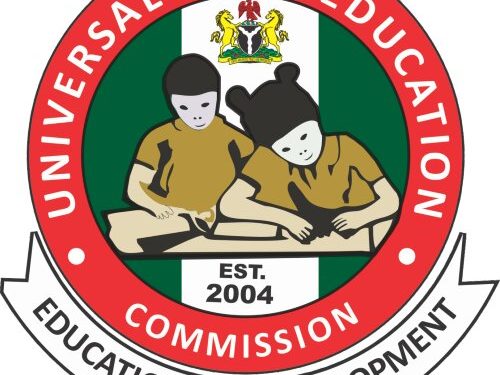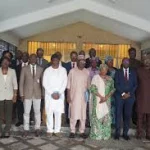The number of out-of-school children in Nigeria continues to rise as 34 states and the Federal Capital Territory (FCT) failed to access the 2024 Universal Basic Education (UBE) matching grants. This troubling revelation came from Hamid Bobboyi, Executive Secretary of the Universal Basic Education Commission (UBEC), during an oversight visit by the Senate Committee on Education (Basic and Secondary) in Abuja.
Grant Access: A Persistent Challenge
Bobboyi disclosed that only Katsina and Kaduna states have accessed their first and second quarters of the 2024 UBE matching grants. He emphasized that the failure to access these funds significantly hampers the provision of quality basic and junior secondary education in Nigeria.
Providing a breakdown of grant utilization between 2020 and 2024, Bobboyi noted:
2020: 34 states and the FCT accessed their grants, leaving Abia and Ogun as outliers.
2021: 33 states and the FCT accessed funds, while Abia, Imo, and Ogun failed to do so.
2022: 29 states and the FCT utilized their grants, with Abia, Adamawa, Anambra, Ebonyi, Imo, Ogun, and Oyo lagging behind.
2023: Only 25 states accessed funds for all four quarters.
Funding and Utilization
UBEC’s financial allocation for 2024 stands at ₦263.04 billion, representing 2% of the Consolidated Revenue Fund (CRF). Of this, ₦219.20 billion (83.33%) has already been disbursed. For 2023, the full allocation of ₦103.29 billion was released.
Despite the availability of funds, many states have been unable to leverage the grants due to a lack of political will, inadequate budgetary allocations for education, and poor compliance with federal directives, such as the mandate to teach history in basic schools.
Regional Performance and Disparities
The North-West region emerged as the top performer, achieving 100% utilization of UBE grants. Other regions followed:
South-South: 97.92%
North-Central: 97.76%
North-East: 97.57%
South-West: 92.28%
South-East: 85.37%
Barriers to Progress
Bobboyi highlighted key challenges stalling educational development in Nigeria:
1. Low Political Will: Some state governments demonstrate inadequate commitment to education.
2. Insufficient Funding: State and local government budgets often fail to prioritize education.
3. Teacher Quality: The standard of teaching remains a pressing concern.
4. Non-Compliance with Directives: Policies like mandatory history education are not being implemented.
Impact on Children
The failure to access these critical grants has worsened Nigeria’s education crisis, leading to an increase in the number of out-of-school children. This issue demands immediate intervention to ensure the country’s young population receives the education they deserve.
With funding readily available but underutilized, experts and stakeholders stress the need for stronger accountability, policy enforcement, and collaboration between federal and state governments to improve access to education and secure the future of Nigeria’s children.










